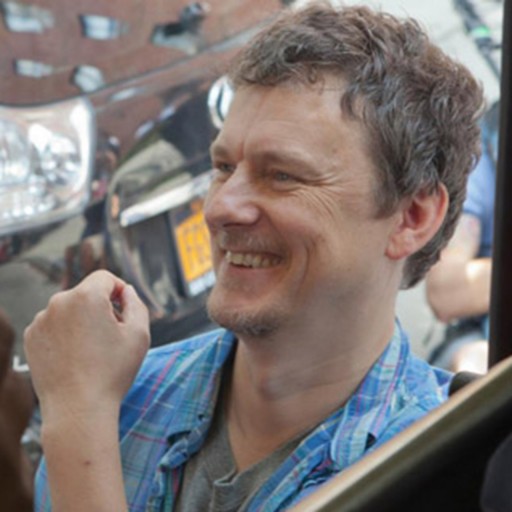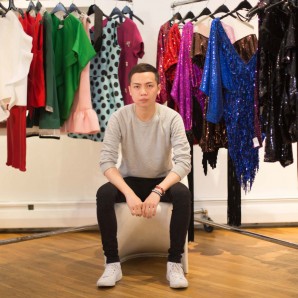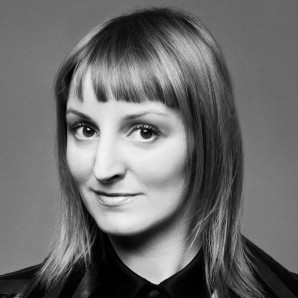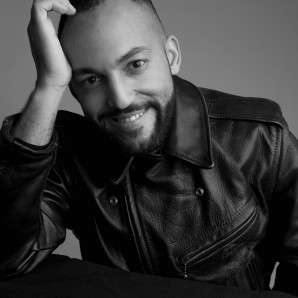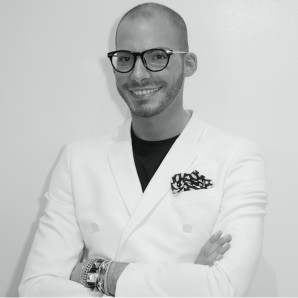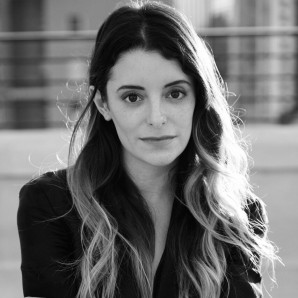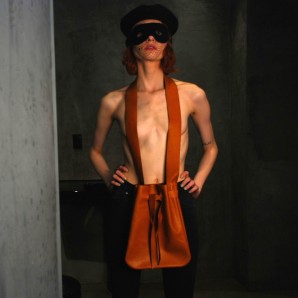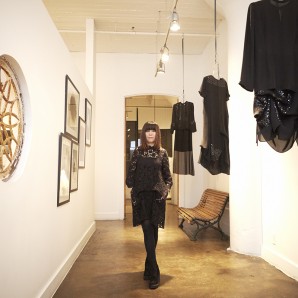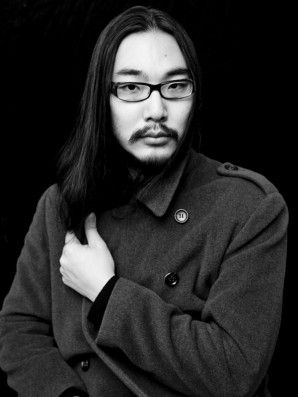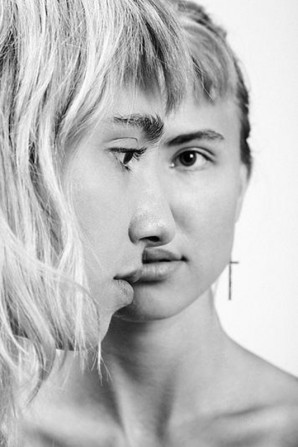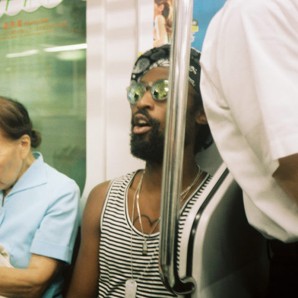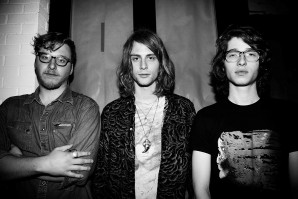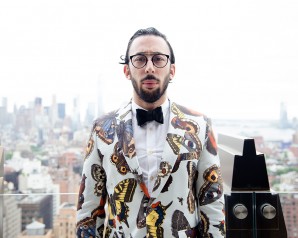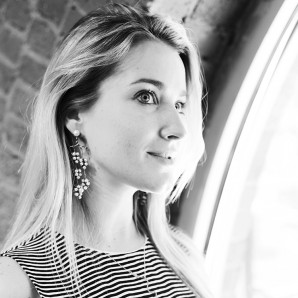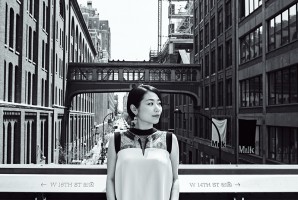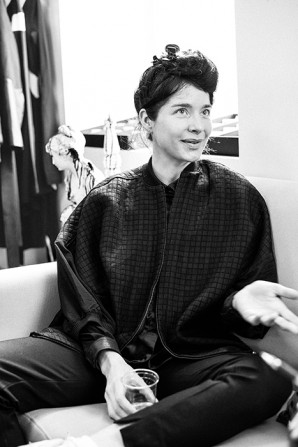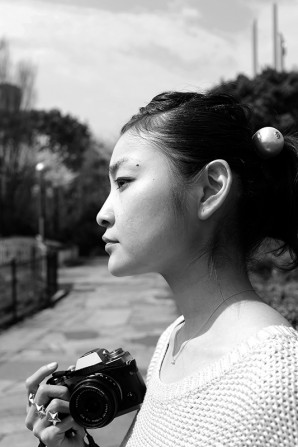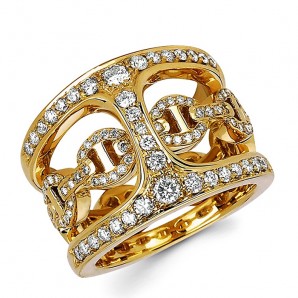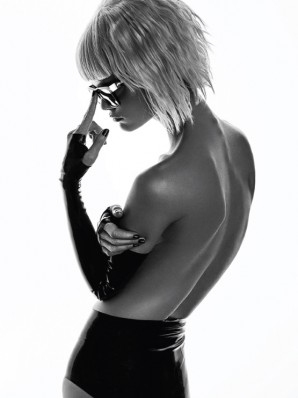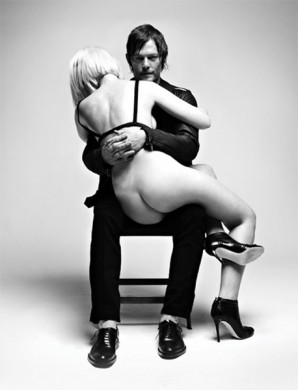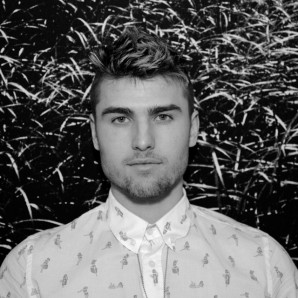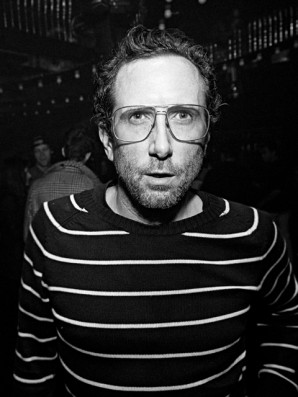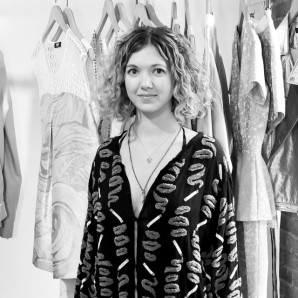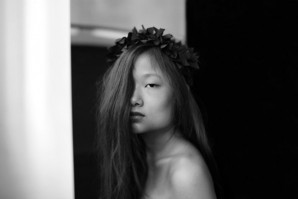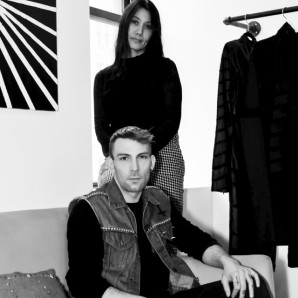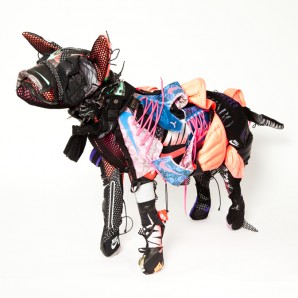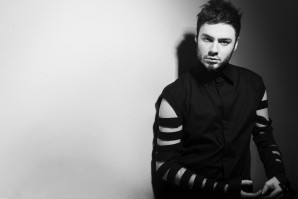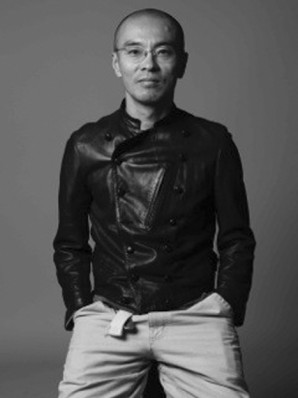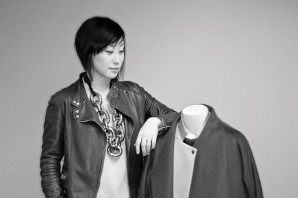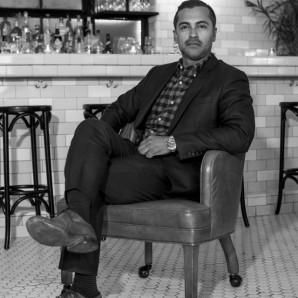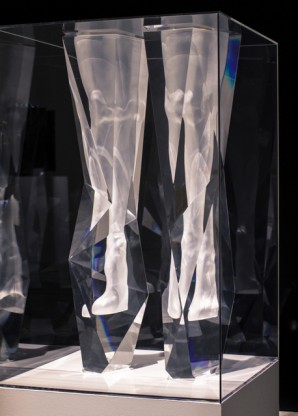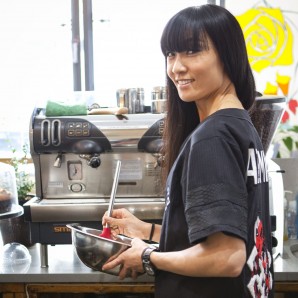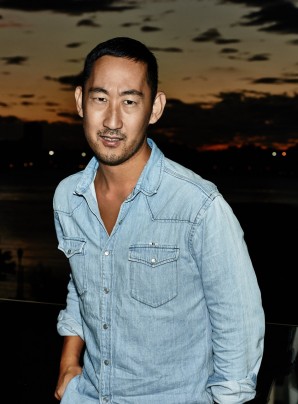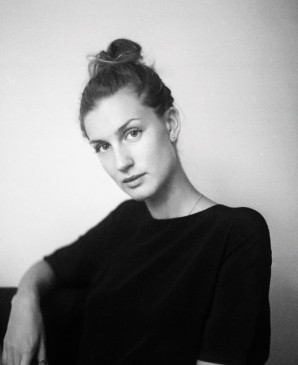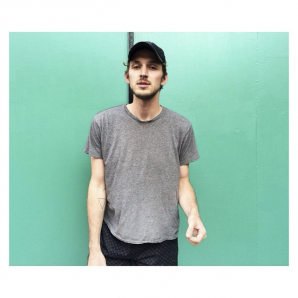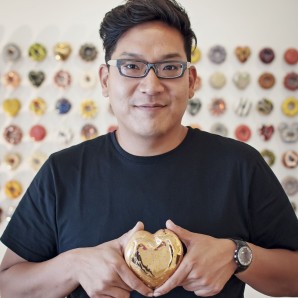"Cheng-Huai Chuang was introduced to fashion at a young age"
MICHEL GONDRY INTERVIEW
“MAYBE WE CAN BE IMMERSED IN MOVIES BECAUSE WE’RE USED TO DREAMING.”
The ever-surprising Michel Gondry flexes his creative muscle by shifting between blockbuster (Eternal Sunshine of the Spotless Mind) and art house films (The Science of Sleep), music videos (Björk: Volumen), and documentaries (Block Party with Dave Chappelle) with equal dexterity. His latest release, The We and the I, combines elements of documentary and fiction, using a cast of amateur actors from a community center in the Bronx and telling their stories over the course of an after-school bus ride. His upcoming Mood Indigo, starring Audrey Tautou and Romain Duris, promises to return us to familiarly surreal Gondry territory.
TWELV spoke with Michel about his recent and upcoming films, the connection between film and dreaming, and the importance of making magic in front of the camera.
How did the idea of The We and the I come about?
I got the idea when I was riding a bus in Paris 20 years ago. I think everyone’s experienced being on a bus when a full class of kids takes over. I paid attention to what was said, and as obnoxious as the situation was in the begin- ning, it got more and more interesting as the kids left the bus. The two last kids were sitting behind me and I could hear their conversation, I saw how the dynamic had changed as kids got off.
What are you working on now?
I’m finishing a movie in Paris called Mood Indigo, based on the very famous French novel called “L’écume des Jours” or “The Foam of Days”. It’s a very romantic story, told in a surrealist way. The feelings of the main character are reflected on the place where they live, their apartment is sort of transforming as this girl is being consumed by her sickness.
How did you get involved in that?
The woman who handles the heritage of this writer came to me and asked, because some of my movies are close to the universe of this writer—which is true because I read it when I was an adolescent and he had a great influence on my imagination.
You’re known for your exploration of dreams, and your incorporation of a lot of surrealistic, dreamlike elements into your work. Why do dreams interest you?
I’ve always been intrigued by them. When I started to make movies, I noticed that the way we dream is closer to the way films are made than to waking life—there is transition, and you can go from one space to another in dreams, when in reality there’s one continuity. Maybe we can be immersed in movies because we’re used to dreaming.
You see a connection between dreaming and film as a medium?
Yeah, it’s the way we forget so quickly when the film starts that it’s a juxtaposition of separate pieces, you forget about that, and forget you’re sitting there watching a screen, and you get absorbed. That’s not how you experience life. In life, you don’t jump from one scene to another.
It seems like something you often explore is the way memories, or stories and ideas, become distorted, and how the distortion ends up becoming a reality.
I think I’m more skeptical than average when someone tells me a story that seems to be extraordinary or magical. I al- ways keep in mind that strong element that’s created when a story is told and repeated. People always forget this element in the equation, that each time a story is repeated a layer is added, so the imaginary can become real.
Do you make use of that in your work?
Yes, I’m very intrigued by that. Let’s say somebody is talk- ing to me and because of my lack of good English, I have to be creative to keep making sense, to keep understanding the conversation. This work, I find quite creative—you have a glimpse of continuity and then you have to create bridges from your own imagination to try to make sense of some- thing. A lot of optical illusions come from that. Your brain is really wired to interpret and make sense of everything you see, so when you see an image that doesn’t make sense to you, you try in different ways to make sense out of it. You create a sort of new reality to explain what you’re looking at.
And illusion is especially interesting in your work. I was just watch- ing the music video you did with Paul McCartney and your expla- nation of how it was done—how you created the effect of ghosts us- ing reflections of people in glass while you were shooting. You make the illusion material, which is rare now in movies.
Now when you see a screen, you’re expecting to see any- thing possible. You can’t be surprised because you know images can be built from scratch. But if you look at reality and see something illogical, you have to figure it out. Even though the work I do ends up on the screen, I try to create that feeling of disbelief before the image is shot and pro- jected. You can always believe something was done in post- production, but if those images are created in reality, you can feel the effect; you feel that the magic existed before it was shot and the camera was just there to transmit it.
It’s very ropes-and-pulleys, real magic.
It’s like when you’re watching puppets, you know they’re controlled by strings, but they have a very sort of scary life— even though you know how it’s made you can’t help but feel that the puppet is alive. I try to create that when I create an effect for the screen.
What’s something you hope for all your work to accomplish?
I think it’s about how I try to portray a character in the story. I want them to remain as human as possible. In any context or any story I’m trying to tell, I want to keep the human- ity. That’s the most important quality to me, the feeling of closeness to the actor or the character when you watch the film.
Where do you create that feeling? Does it start in the writing?
It happens in all the stages, the writing, the shooting, the acting, the directing. This particular element maybe hap- pens more during the shooting. I try to get people to be themselves as much as I can.
How has your work evolved since you began as a director?
I’ve been going back and forth between bigger and smaller movies and between documentaries and fiction, and I al- ways try to learn from one project and apply it to another. I try to make the moment happen in real life, so when you’re watching the movie you don’t feel you’re being told a story step-by-step, you feel like you’re watching life unfolding. But analyzing my own film is really next to impossible, be- cause I have memories of the experience from the begin- ning. Even when I watch movies by other people, some- times I have to forget about the process.
As a director is it difficult to objectively watch movies by other di- rectors?
Not always, but very often. I remember one day before I was a director, I realized that for every image you see on TV or in a movie, there’s an actor, there’s a camera, and then behind the camera there are fifty people watching silently. I’m very sorry, I shouldn’t have told that to you. Next time you watch a movie it’s going to kill it for you.
I know, you’ve ruined it!
I’m so sorry, I’m sure you’ll forget again after a while.
WRITTEN BY CHARLOTTE O’DONNELL
EDITED BY ERINA NAKAZAWA
related posts
NEW TYPE #12: DROMe - MARIANNA ROSATI INTERVIEW
" I carry in my heart the values I've learned from my hometown - such as being true to myself and to my style"
IKEMEN #30: JORGE URENA
IKEMEN (ē´k´mɛn): Japanese Slang
"REALLY, REALLY, RIDICULOUSLY GOOD LOOKING PEOPLE"
NEW TYPE #11: LODOVICO ZORDANAZZO INTERVIEW
TWELV Magazine sat down with Lodovico Zordanazzo during his NYC visit to discuss his new collection and unique perspective on shoe design.
NEW TYPE #9: J.ELSTER - JENNIFER ELSTER Interview
TWELV Magazine recently visited filmmaker and designer, Jennifer Elster, at her studio, The Development.
NEW TYPE #8: MORGANE LE FAY - Liliana Casabal Interview
Noritaka Tatehana Exclusive Interview
The talented young Japanese designer, Noritaka Tatehana, who collaborated with Iris Van Herpen to design Lady Gaga’s shoes.
CHAOS CHAOS Interview
Formerly known as Smoosh, Asy and Chloe Saavedra of Chaos Chaos have always been a sister-sister duo.
THE KNOCKS Takes Tokyo
Recently, electro-pop duo, The Knocks, visited Japan to perform in the ARC+TWELV party at ARC, a newly opened venue in Tokyo.
CAVERNS Interview
TWELV had privilage of chatting with our friends from the band Caverns. The trio hail from NYC and are pretty much all over the music scene here!
Michael Phillips Moskowitz, eBay Chief Curator & Ed. Director, Interview
TWELV Magazine had the pleasure of connecting with Michael Phillips Moskowitz, the Global Chief Curator & Editorial Director at eBay.
NEW TYPE #7: EKAT - Katya INTERVIEW
"Introducing a new generation of designers"
Mai Mukaida Interview
Makeup Artist / CEO, Lalitpur.
Believes in the power of cosmetic
and lives with women in Nepal.
M KOUGER INTERVIEW: Farmhouse
With the fabulous Chloe 81, the oysterrific Chloe 81 Blue Room and the recently opened Farmhouse Restaurant, M Kouger has established an essential trifecta of entertainment in NYC’...
NEW TYPE #6: BERENIK- Veronica Brusa INTERVIEW
"Introducing a new generation of designers"
REI SHITO INTERVIEW
Street Fashion Photographer
and Style Blogger.
Loves in Street and the Beyond
Interview: The Refined Opulence of Hoorsenbuhs
The Hoorsenbuhs name has become synonymous with exclusivity, craftsmanship, and opulence. Once nothing more than the ambitious brainchild of creator Robert Keith, the brand has become a staple in...
NEW TYPE #5: HAZE Collection INTERVIEW
"Introducing a new generation of designers"
IKEMEN #29: JAY XERO
IKEMEN (ē´k´mɛn): Japanese Slang
"REALLY, REALLY, RIDICULOUSLY GOOD LOOKING PEOPLE"
Travis Bass Interview
New York’s Greenwich Village is now home to a new and amazing club created by the ultimate party planner/Pop Up Club designer, Travis Bass, called ZAZOU.
NEW TYPE #4: SAUNDER - Emily Saunders interview
"Introducing a new generation of designers"
NEW TYPE #3: GLORIA YU interview
"Introducing a new generation of designers"
IKEMEN #28: CJ Swanton & Mariko Derpa
IKEMEN (ē´k´mɛn): Japanese Slang
"REALLY, REALLY, RIDICULOUSLY GOOD LOOKING PEOPLE"
NEW TYPE #2: VINTI ANDREWS - Vinti Tan and Paul Andrews INTERVIEW
"Introducing a new generation of designers"
NEW TYPE #1: DEJAN DESPOTOVIC INTERVIEW
"Introducing a new generation of designers"
BEHIND THE SCENES #3: KATSUYA KAMO
TWELV's Behind the Scenes takes a step back and visits the masterminds behind the camera.
SUK CHAI INTERVIEW "SCHAI"
“My hands and eyes ooze desire to create when I touch something special. When I touch the “right” fabric, I usually close my eyes and visualize all the things I can create.”
IKEMEN #27: M KOUGER
IKEMEN (ē´k´mɛn): Japanese Slang
"REALLY, REALLY, RIDICULOUSLY GOOD LOOKING PEOPLE"
NORITAKA TATEHANA EXCLUSIVE INTERVIEW
NORITAKA TATEHANA EXCLUSIVE INTERVIEW
IKEMEN #26: KANAMI KAWAGUCHI
IKEMEN (ē´k´mɛn): Japanese Slang
"REALLY, REALLY, RIDICULOUSLY GOOD LOOKING PEOPLE"
MAISON KITSUNé INTERVIEW
During their first ever showing in New York Fashion Week, TWELV Magazine and I got to catch up with the talented duo behind the remarkable brand, MAISON KITSUNÉ, We spoke with Gildas Loaëc and...
MARIA HEDMARK INTERVIEW
Although Swedish transplant MARIA HEDMARK has only been in New York City for three years, her line, LINIE NYC, takes its name straight from the city that never sleeps.
IKEMEN #25: LANDON MILLER
IKEMEN (ē´k´mɛn): Japanese Slang
"REALLY, REALLY, RIDICULOUSLY GOOD LOOKING PEOPLE"

